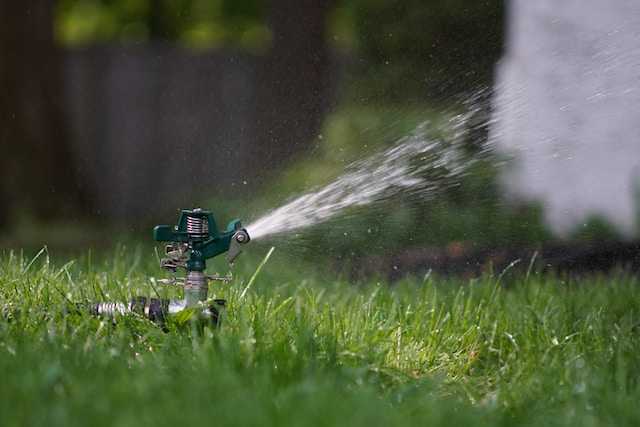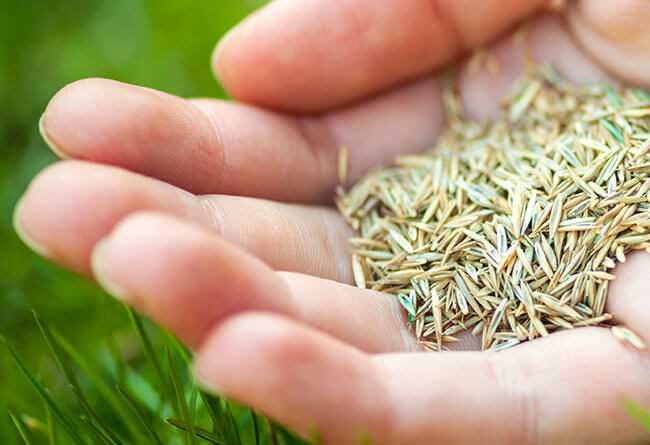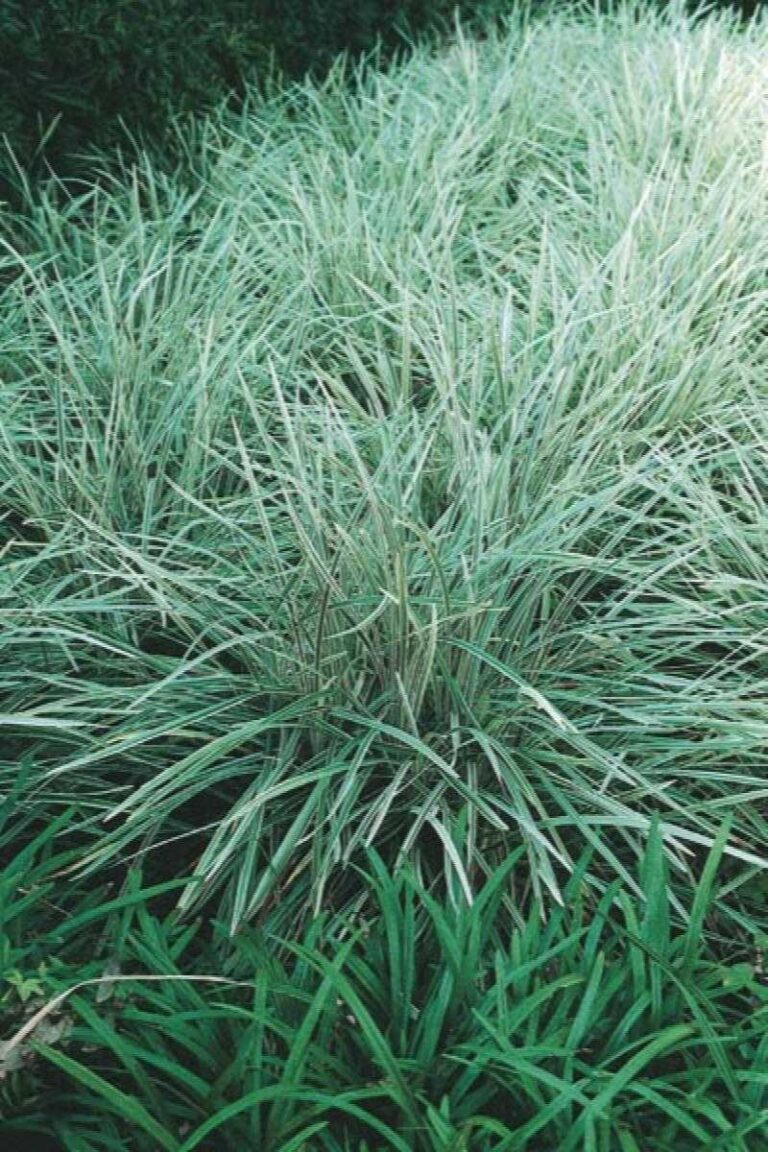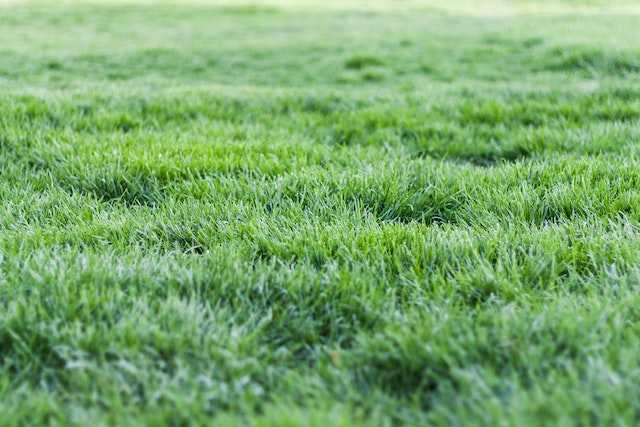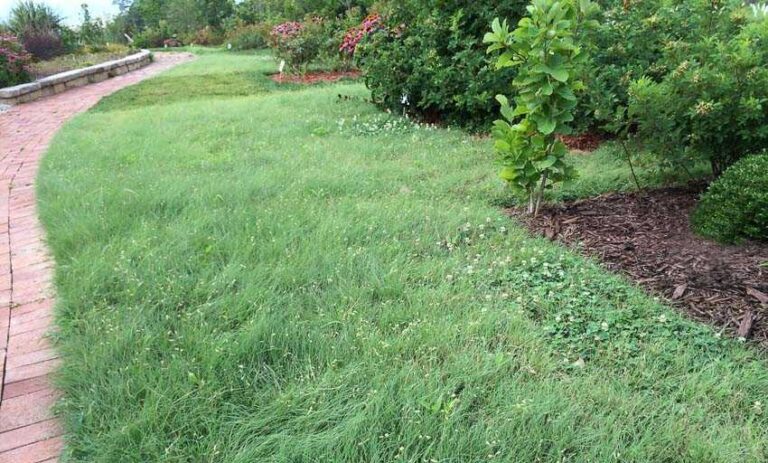Best fertilizer for Bermuda Grass: How to Properly Fertilize Bermuda Grass Lawns
A lush lawn is the pride of any homeowner. And Bermuda grass is a popular choice for achieving that beautiful green carpet. However, to maintain its beauty and health, it is essential to choose the best fertilizer for Bermuda grass and applying it correctly. Fertilizing your Bermuda grass lawn provides the necessary nutrients for growth and ensures it can withstand environmental stressors.
Here’s a guide on how to properly fertilize Bermuda grass lawns to keep them looking their best:
Understanding Bermuda Grass Fertilization
Before delving into the details of fertilizer application, it is essential to grasp the distinctive traits of Bermuda grass. This warm-season grass flourishes in hot and sunny climates. With a swift growth rate and elevated nutritional requirements during its active growing season, Bermuda grass experiences this phase from late spring to early fall. During this critical period, it necessitates a well-balanced fertilizer containing essential nutrients to support and sustain its vigorous growth.
1. Soil Testing for Customized Fertilization
One of the most effective ways to ensure you properly fertilize your Bermuda grass lawn is by conducting a soil test. Soil testing provides valuable insights into your soil’s current nutrient levels, pH balance, and organic matter content. This information empowers you to tailor your fertilization approach to precisely address the specific requirements of your lawn.
To obtain a soil testing kit, simply contact your local agricultural office or a reputable soil testing laboratory. Collect soil samples from different areas of your lawn and send them for analysis. Once you receive the results, you’ll know exactly what nutrients your Bermuda grass needs and in what quantities.
Based on the soil test results, choose the best fertilizer for Bermuda grass that addresses any nutrient deficiencies or imbalances. This promotes the health of your Bermuda grass and prevents wasteful over-fertilization, saving you money and protecting the environment.
2. Choosing the Best Fertilizer for Bermuda Grass
Choosing the appropriate fertilizer is of utmost importance in maintaining the health and vibrancy of your Bermuda grass lawn. Given the array of options available, it becomes essential to consider specific factors to identify the best fertilizer for Bermuda grass.
a) N-P-K Ratio: Seek a fertilizer specifically designed for Bermuda grass with a balanced N-P-K ratio. An ideal balanced ratio, such as 15-5-10 or 20-10-10, ensures an equal distribution of nitrogen, phosphorus, and potassium to support the optimal growth of your Bermuda grass. Nitrogen fosters lush green growth, phosphorus aids in root development, and potassium strengthens the grass, enhancing its resilience.
b) Granular vs. Liquid Fertilizers: There are two primary forms of fertilizers: granular and liquid. Granular fertilizers are normally highly recommended for Bermuda grass lawns due to their ease of application and gradual nutrient release over time. Liquid fertilizers can be absorbed quickly by the grass but may require more frequent applications. Choose the form that best suits your lawn care routine and preferences.
c) Slow-Release Formulations: Consider using slow-release fertilizers for Bermuda grass lawns. These fertilizers release nutrients gradually, ensuring a consistent supply to the grass and minimizing the risk of over-fertilization. Slow-release formulations offer particular advantages in warmer climates, preventing excessive growth spurts that could stress the grass.
d) Supplementary Nutrients and Micronutrients: Besides the essential nutrients, Bermuda grass thrives when supplied with other essential nutrients and micronutrients. Look for fertilizers that incorporate iron, magnesium, and sulfur, as these components contribute to bolstering the grass’s overall well-being and promoting its vibrant appearance.
e) Organic vs. Synthetic Fertilizers: Bermuda grass lawns can thrive with either organic or synthetic fertilizers. Organic fertilizers, derived from natural sources, provide nutrients slowly and improve soil structure over time. Many favor organic fertilizers due to their eco-friendly nature, while synthetic alternatives boast higher nutrient concentrations and rapid delivery. Select the fertilizer type that best matches your lawn care objectives and environmental values.
f) Seasonal Formulations: Consider using seasonal fertilizers tailored to the specific needs of Bermuda grass during different times of the year. Some manufacturers offer fertilizers designed for early spring, late spring, summer, and fall applications. These formulations take into account the grass’s varying nutrient requirements throughout the growing season.
g) Brand Reputation and Reviews: Research different fertilizer brands and read customer reviews to gauge their effectiveness. Reputable brands with positive feedback are more likely to deliver consistent and reliable results.
h) Fertilizer Price and Coverage: Compare the cost of different fertilizers and assess their coverage area. Consider the value offered by each product, factoring in the price, coverage, and nutrient content.
By considering these factors, you can make an informed decision and choose the best fertilizer for your Bermuda grass lawn.
3. Timing Is Everything
Proper timing of fertilizer application is key to maximizing its benefits and preventing potential harm to the lawn. For Bermuda grass, the most critical period for fertilization is during its active growing season, which aligns with warm seasons or months. Generally, start fertilizing Bermuda grass in late spring when the soil temperature is around 65°F (18°C) or higher.
For a steady and robust growth, fertilize every 6 to 8 weeks throughout the growing season. However, avoid fertilizing during periods of drought or heat stress. This can lead to fertilizer burn and harm the grass. Before applying fertilizer, check the weather forecast to ensure no extreme temperature spikes or extended dry periods are approaching.
When applying the fertilizer, ensure even coverage to avoid over-fertilizing certain areas and under-fertilizing others. Consider using a broadcast or handheld spreader for an even distribution. Also, water your lawn immediately after fertilization. This helps the nutrients get into the soil and reach the grass’s root system.
4. Practice Proper Application Techniques
Proper technique is crucial for successful fertilization. To get the most out of your chosen fertilizer and avoid harming your Bermuda grass, follow these guidelines:
a) Measure the Area: Before fertilizing, check the square footage of your lawn. This will help you calculate the amount of fertilizer needed based on the application rate.
b) Follow the Instructions: Always read and follow the instructions on the fertilizer packaging. Following the correct application rate will prevent over-fertilization, which can cause nutrient imbalances and damage the grass.
c) Use Slow-Release Fertilizers: While granular fertilizers are widely used for Bermuda grass, opt for slow-release formulations. Slow-release fertilizers release nutrients over a long period, offering a steady supply to the grass without excessive growth spurts.
d) Overseed When Necessary: If your Bermuda grass lawn experiences thinning or bare patches, overseeding can help revive its appearance. Apply a Bermuda grass-compatible grass seed after fertilizing, ensuring good seed-to-soil contact.
5. Fertilizing Bermuda Grass After Overseeding
Overseeding is a common practice to fill in thin or bare areas in a Bermuda grass lawn. If you’ve overseeded your lawn, you must adjust your fertilization schedule accordingly. When overseeding, use a Bermuda grass-compatible grass seed. Also, choose a starter fertilizer with higher phosphorus content.
Phosphorus is vital for promoting strong root development in new grass seedlings. Look for a starter fertilizer with an N-P-K ratio like 10-20-10 or 12-24-12. These formulations provide the necessary nutrients to support established Bermuda grass and new seedlings.
After overseeding, wait for the new grass to establish itself before applying your regular balanced fertilizer. Typically, wait until the new grass has been mowed two to three times before resuming your regular fertilization schedule.
6. Preventing Fertilizer Runoff and Environmental Impact
While proper fertilization is essential for Bermuda grass lawns, it’s equally crucial to be mindful of its potential environmental impact. Grass fertilizer runoff can lead to nutrient pollution in water bodies, causing harmful algal blooms and negatively affecting aquatic life.
To minimize fertilizer runoff, follow these eco-friendly practices:
a) Avoid Fertilizing before Heavy Rain: Applying fertilizer just before heavy rainfall increases the chances of runoff. Check the weather forecast and apply fertilizer when rain isn’t expected within the next 24 to 48 hours.
b) Sweep Up Excess Fertilizer: If granules end up on driveways or sidewalks, sweep them back onto the lawn. This will prevent them from being washed away by rainwater.
c) Opt for a Mulching or Grass Clippings Catcher: When tending to your lawn, consider utilizing a mulching mower or employing a grass clippings catcher. By either dispersing the clippings on the lawn or utilizing them as natural mulch, valuable nutrients are returned to the soil, thereby minimizing the necessity for extra fertilization.
d) Use Controlled-Release Fertilizers: Slow-release fertilizers are designed to gradually release nutrients over time, reducing the risk of nutrient leaching and runoff.
By following these practices, you can enjoy a healthy and vibrant Bermuda grass lawn without causing harm to the environment.
Conclusion
Properly fertilizing Bermuda grass lawns is a crucial aspect of lawn care that directly impacts its health and appearance. Understanding the unique characteristics of Bermuda grass, timing the application correctly, and employing proper techniques are essential for optimal results.
Performing a soil test, adjusting fertilization after overseeding, and being environmentally conscious further enhance the success of your fertilization efforts. By following these guidelines, you’ll be well on your way to achieving a lush and beautiful Bermuda grass lawn.
FAQ
1. When Should I Fertilize my Bermuda Grass Lawn?
For optimal results, nourish your Bermuda grass lawn during its active growth period, typically from late spring to early fall. Commence fertilizing when the soil temperature reaches approximately 65°F (18°C) or above, and repeat the process every 6 to 8 weeks throughout this season.
2. What Fertilizer Makes Bermuda Spread?
Fertilizers with higher nitrogen content promote lateral growth and help Bermuda grass spread. Look for simple lawn solutions maximum green high nitrogen fertilizer with a balanced N-P-K ratio, such as 15-5-10 or 20-10-10, to encourage healthy growth and expansion.
3. How Many Times a Year Should you Fertilize Bermuda Grass?
Fertilize Bermuda grass approximately 4 to 6 times a year during its active growing season. Applying fertilizer every 6 to 8 weeks ensures a steady supply of nutrients to sustain its rapid growth and vibrant appearance.

